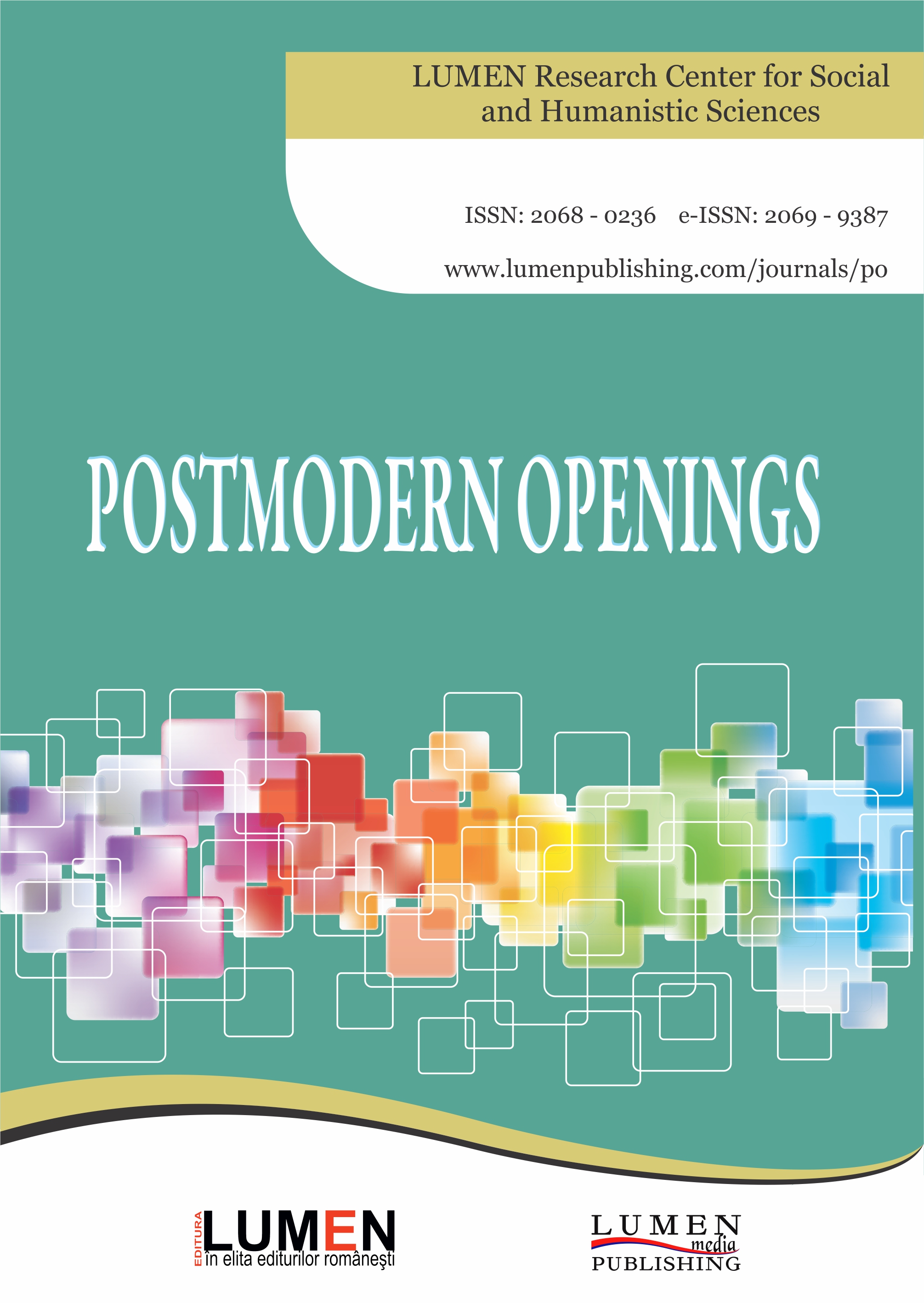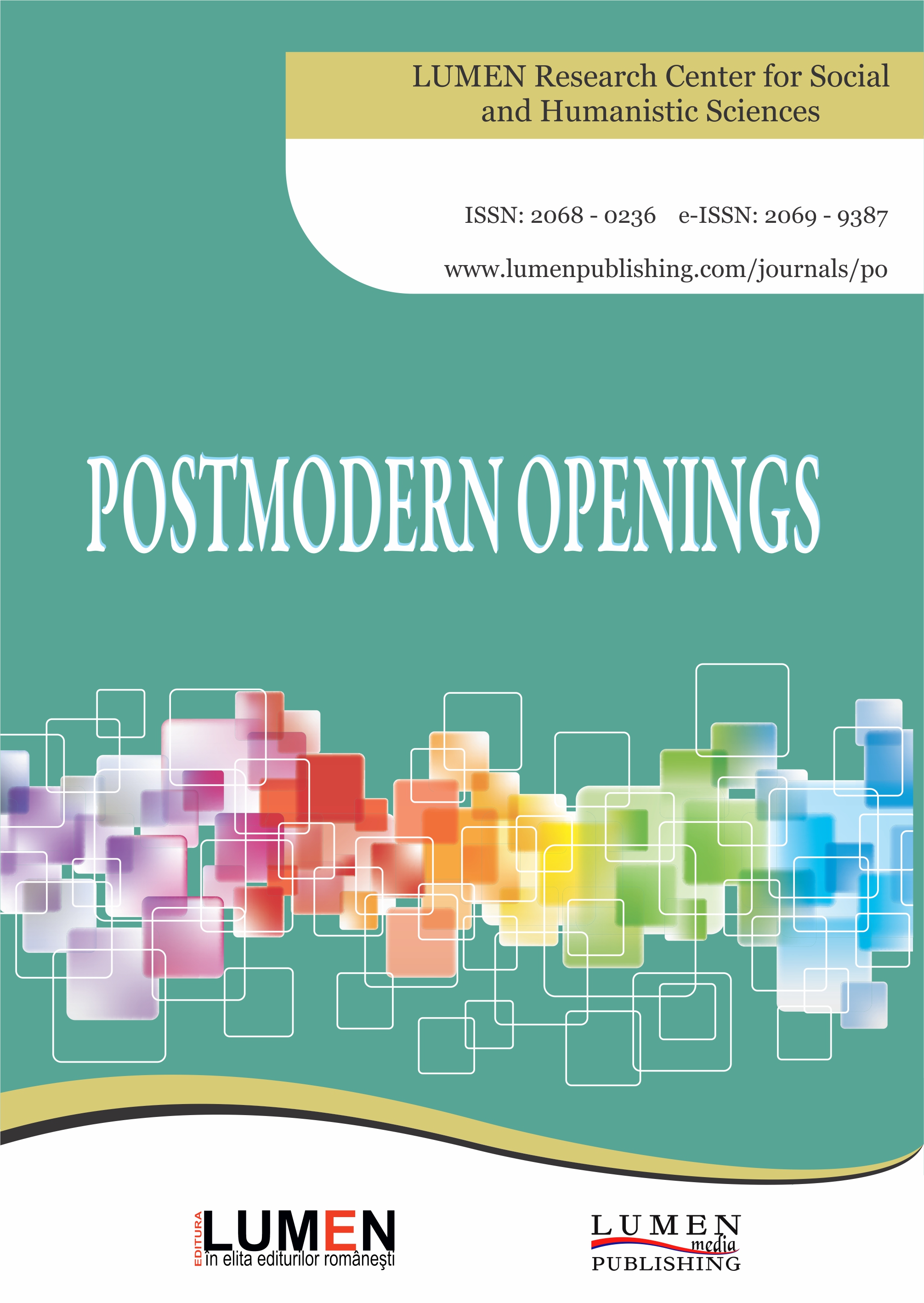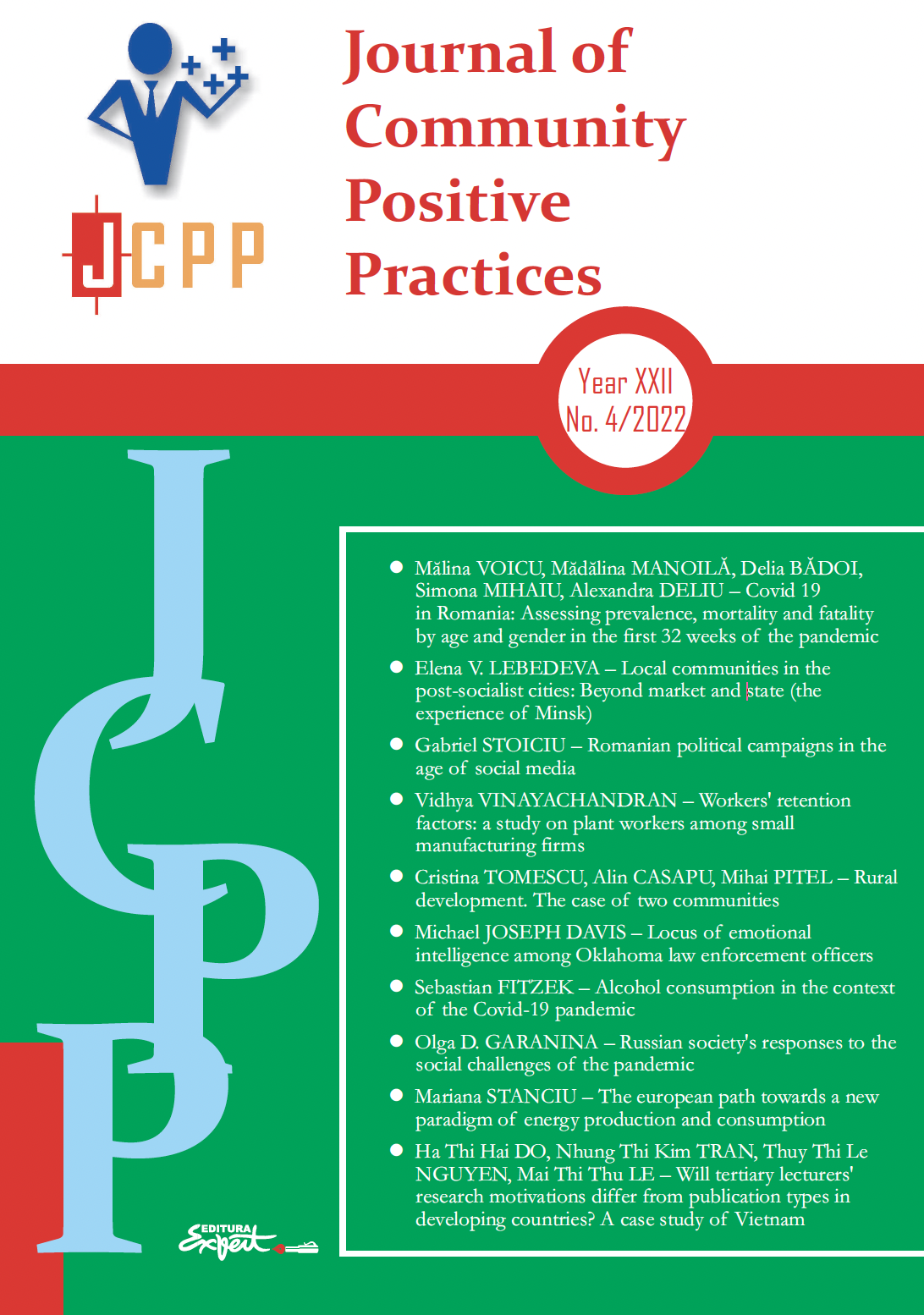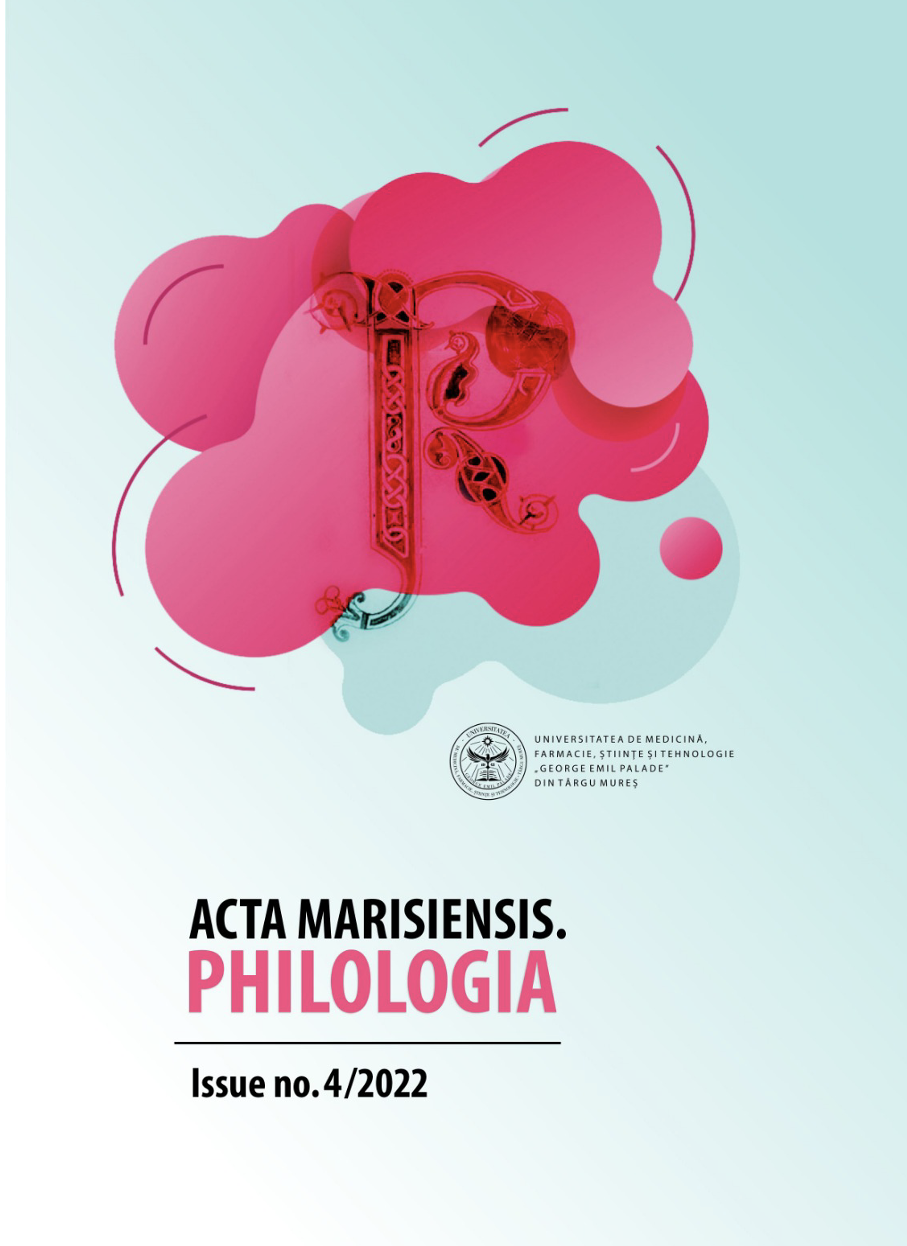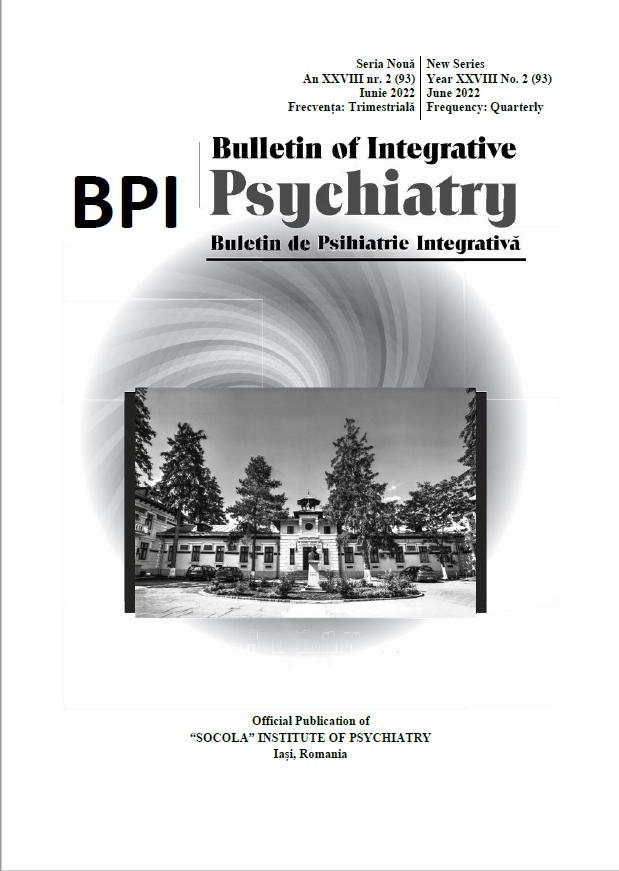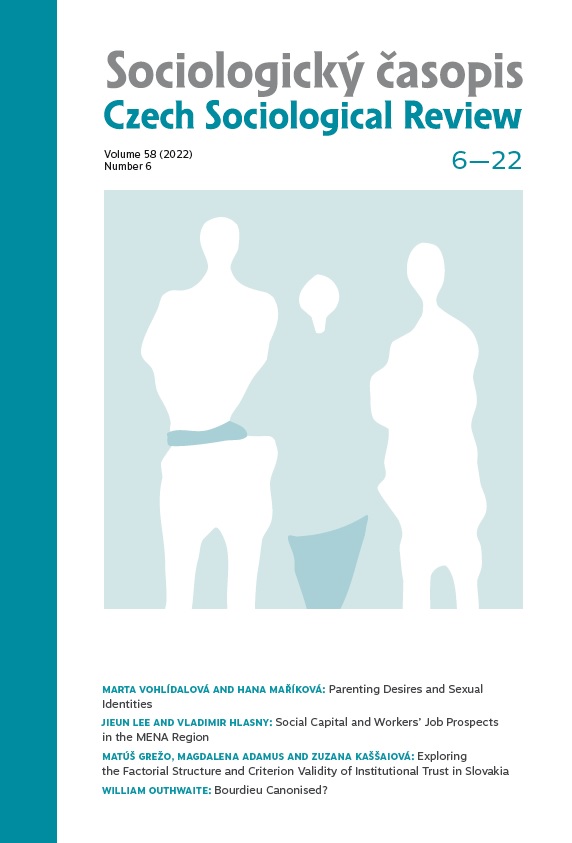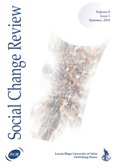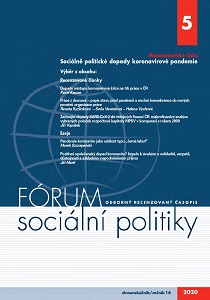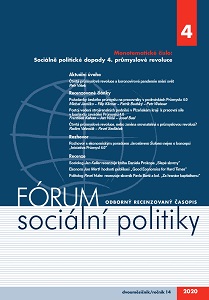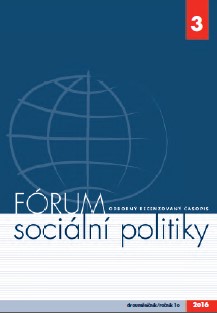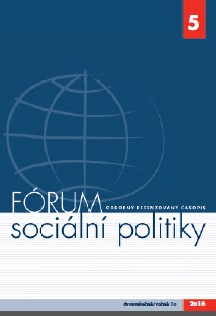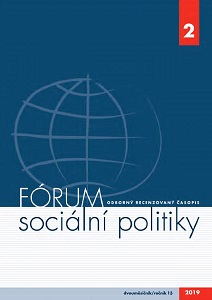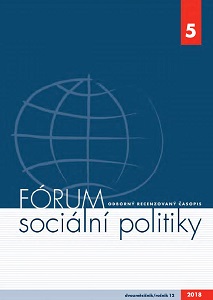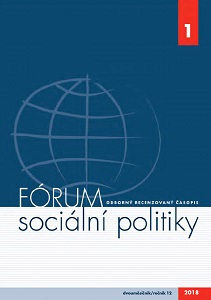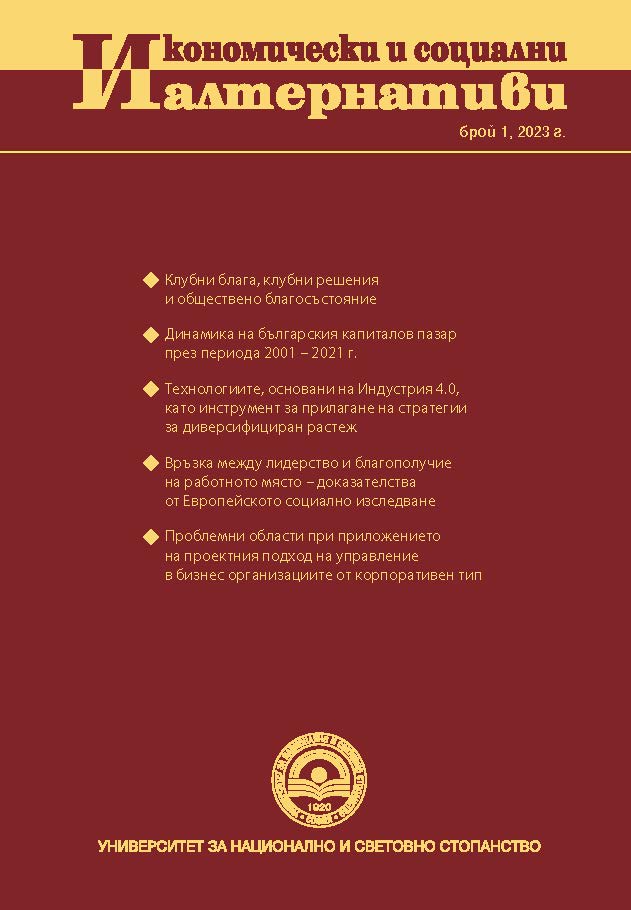Author(s): Jieun Lee,Vladimir Hlasny / Language(s): English
Issue: 6/2022
Social networks and collective trust have been studied in relation to civil uprisings such as the Arab Spring events of 2011. Social capital is also an important factor in the Middle East and North African (MENA) labour markets, where 'wasta' family connections are said to affect workers' opportunities. Little is known, however, about MENA citizens' social capital and its composition and distribution across socio-economic groups. As an advanced foundation on which to build future analyses, we propose a stochastic approach for measuring people's social capital using Bayesian clustering, based on three dimensions: level of social activity, quality of social networks, and trust. Applying the method to the 2000-2014 World Values Surveys for 16 MENA countries, we describe the composition and distribution of workers' social capital within and between countries, and estimate ordered-probability regressions of workers' employment outcomes as a function of the dimensions of social capital, workers' demographics, and subjective health assessment. We find that, among the three dimensions of social capital, social trust is most clearly conducive to the employment and full-time status of both genders. The level of social activity is associated with more autonomous, intellectual and creative occupations among men, but only with more creative occupations among women. Higher-quality social networks are associated with more autonomous jobs, but also less creative ones. Interestingly, trust is associated with non-autonomous, manual, and routine jobs. In creative jobs favoured by the Fourth Industrial Revolution, workers are selected from those with higher socializing levels but inhibited networks and trust.
More...

